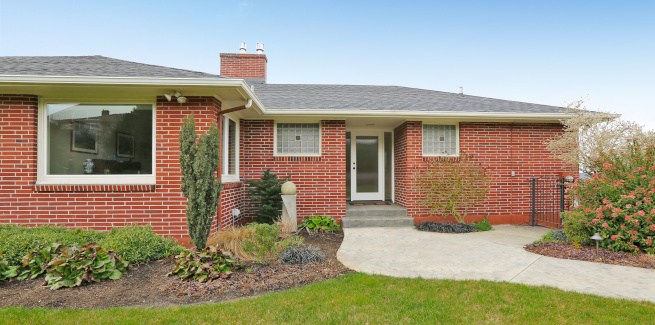The Housing Industry Association’s (HIA) managing director, Graham Wolfe, has warned that the Labor Party’s proposed stricter rules around capital gains tax and negative gearing will “dampen first home buyer capacity to save for their first home” as rental costs will increase.
“While their grandfathering provisions are intended to encourage investors to retain their existing investment properties, decisions about new investments in residential housing will be strongly influenced by the higher taxation grab on investment returns and uncertainty about subsequent sales of new properties and future tax changes,” Mr Wolfe said.
As rental costs increase, rental supply will decrease, according to HIA’s analysis.
“Rental supply is crucial,” Mr Wolfe said.
“The September quarter of 2018 marked the first time since December 2006 that rents in Sydney declined in real terms. The recent additional supply of rental properties has underpinned the improvement in rental affordability.”
As such, there is a risk that altering the tax treatment on residential investment properties will “[undo] the good work”, according to the HIA managing director, especially as more than 90 per cent of renters have home ownership aspirations.
“For many households, living in a rental property is an interim step towards home ownership. It’s a period of independent living while they save a deposit to purchase their own home,” Mr Wolfe said.
“Australia needs to reverse this trend, renew our national commitment to home ownership and adopt measures that support first home aspirants. That includes support while saving for a deposit.”
Last month, the Real Estate Institute of Australia (REIA) renewed its call to expand the federal government’s First Home Super Saver (FHSS) scheme, which enables individuals to contribute a total of $30,000 (and a maximum of $15,000 a year within existing caps) into their superannuation to assist them in saving for a deposit for their first home.
However, the REIA said that the scheme does not go far enough in addressing the “acute issue” of housing affordability, with the FHSS scheme limiting access to withdraw voluntary contributions made to super after 1 July 2017 for a home deposit.
The institute therefore recommended that the government allow access to voluntary contributions to superannuation funds made prior to 1 July 2017, which would help prospective buyers to “save for a deposit faster”.
“The use of retirement savings for a first home purchase has already proven to be successful in Canada, New Zealand and Singapore,” the REIA added.
The special counsel of SUPERCentral, Michael Hallinan, had also previously criticised the FHSS scheme for being accessible just once.
“While an individual can make any number of requests for FHSS determinations (these are simply a determination by the ATO of how much an individual can access), they can only make one request for an FHSS release authority,” Mr Hallinan said.
“If the authority is issued, then the individual can no longer request another release authority even if they continue to make voluntary super contributions or did not use the released amount.”
[Related: Government urged to enhance FHB scheme]
 ;
;
